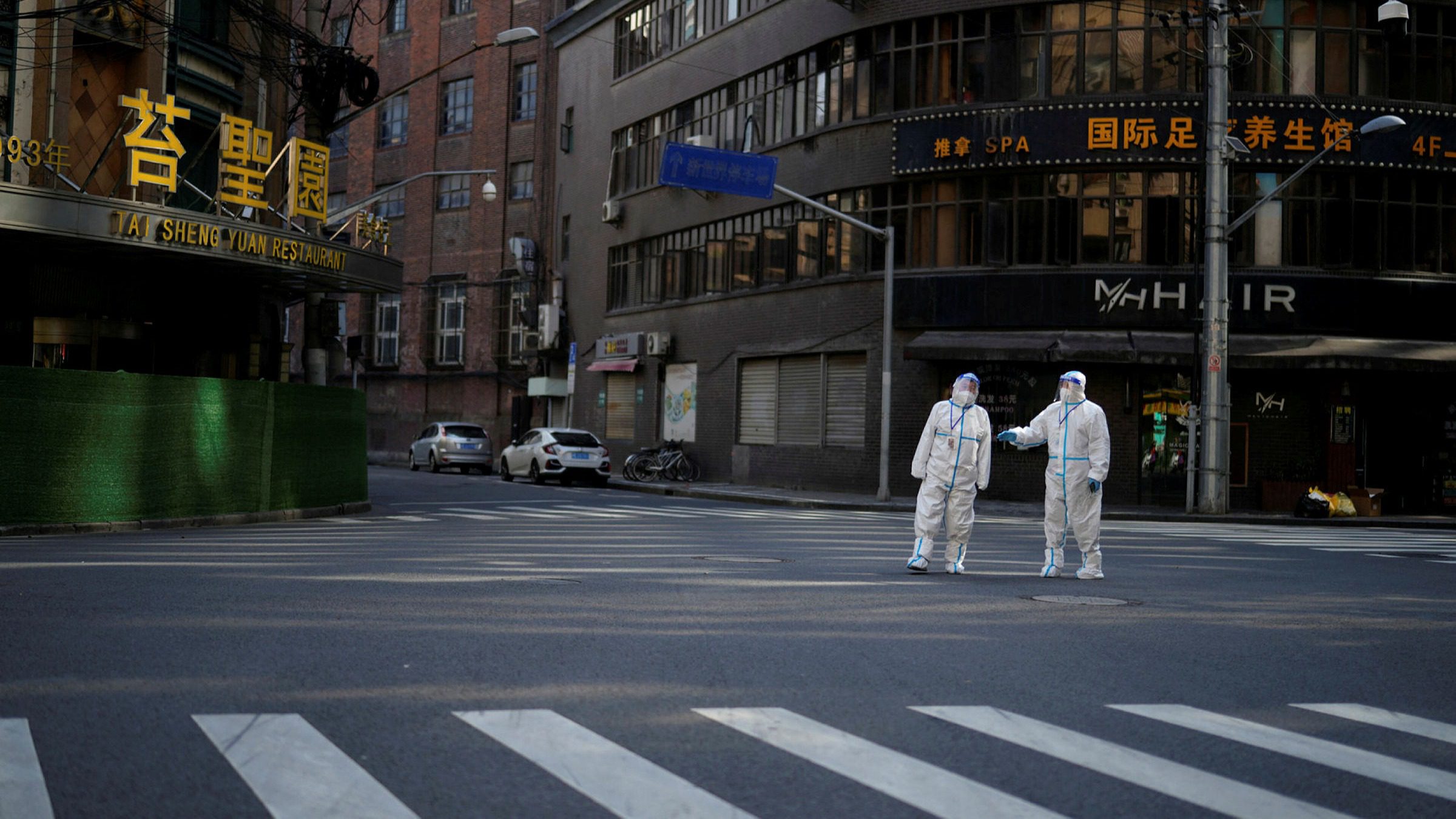Shanghai is poised to reopen on June 1, ending two months of a state-enforced lockdown intended to snuff out the transmission of COVID-19 in the region. While the efficacy of China’s severe “zero-COVID” strategy is debatable, its collateral impact on global supply chains and inflation in the United States is becoming more evident.
According to global economist Aditya Bhave, the effects of China’s lockdowns should “become apparent” in June when more economic data is released. Bhave, who currently works for Bank of America, told his clients he predicts the data will show a “short burst of upward pressure” on commodity prices.
Such pressure does not bode well for the Federal Reserve’s plan to tame inflation. Fed Chair Jerome Powell hoped to get a handle on inflation this year with aggressive interest rate hikes. Still, renewed lockdowns in China that shut down commodity production could offset any cooling of commodity prices achieved by rate hikes.
Per Forbes, another Bank of America analyst, Ethan Harris, stated he is “getting more pessimistic” about the country’s economic outlook. He puts the odds of a recession in 2023 at 33%. Mark Zandi, the chief economist at Moody’s Analytics, offered a similar forecast to his clients.
The two-month lockdown in Shanghai severely limited the economic output of one of China’s largest commercial hubs, disrupting global supply chains by restricting the movement and economic activity of 25 million people.
Global manufacturers operating in the city felt the effects directly. Apple, Tesla, and Volkswagen, among more than 150 others, had to shut down production by order of the Chinese government.
Even as Shanghai’s lockdown comes to an end, the looming threat of further disruptions in Chinese production due to COVID-19 could maintain inflationary pressures and undermine the Federal Reserve’s efforts at bringing down inflation.






